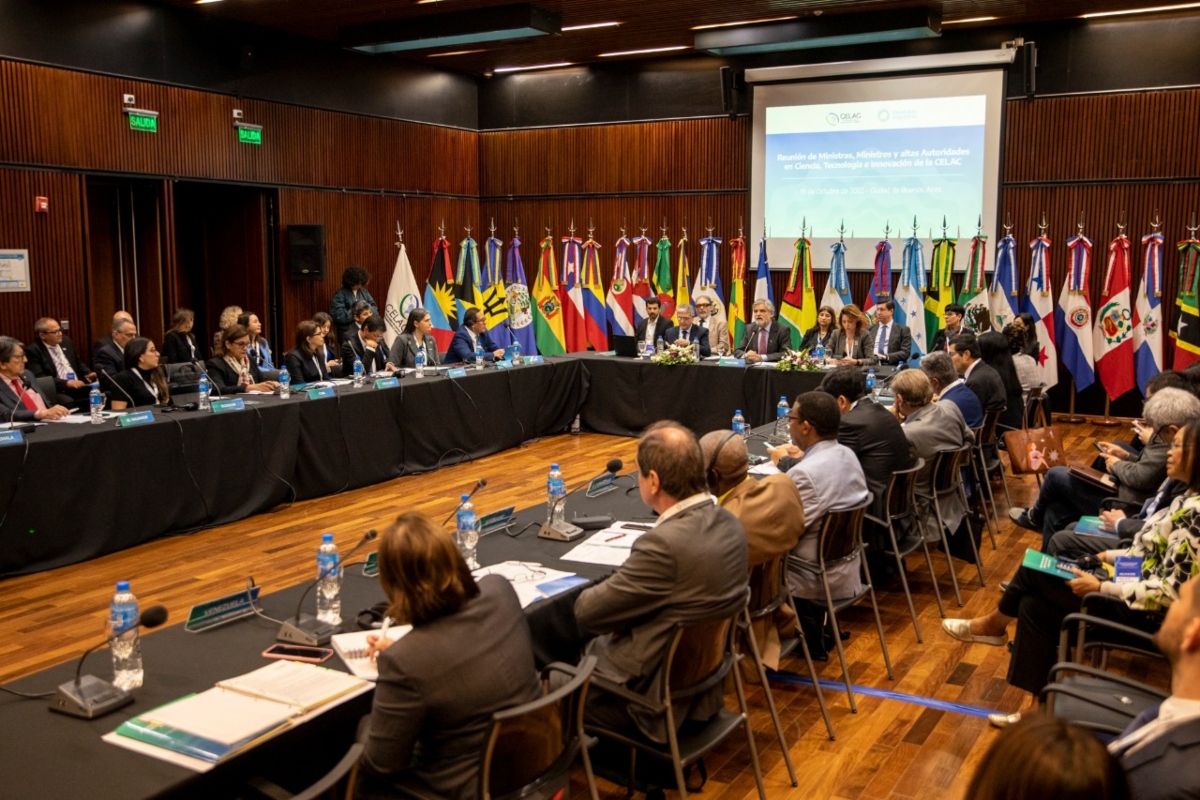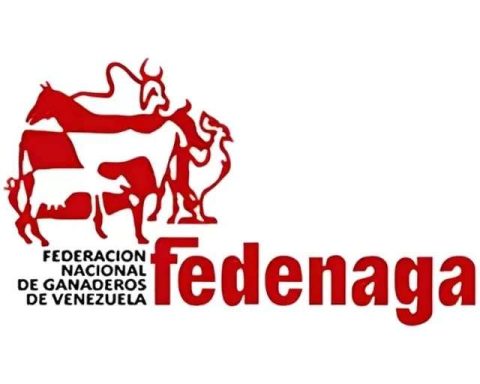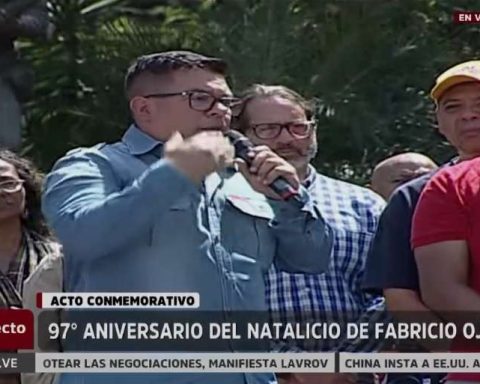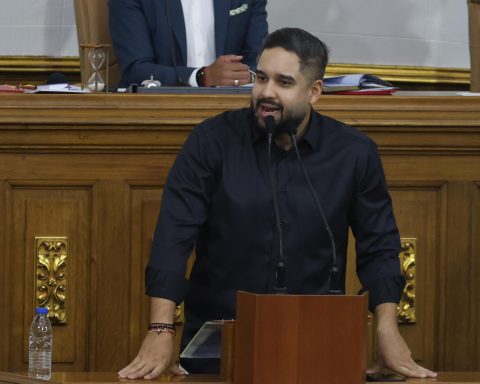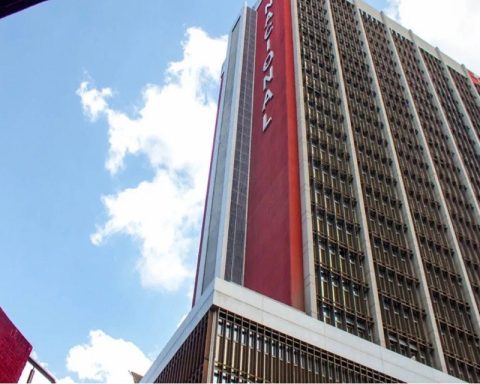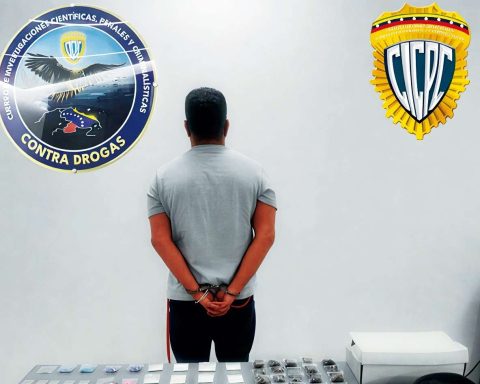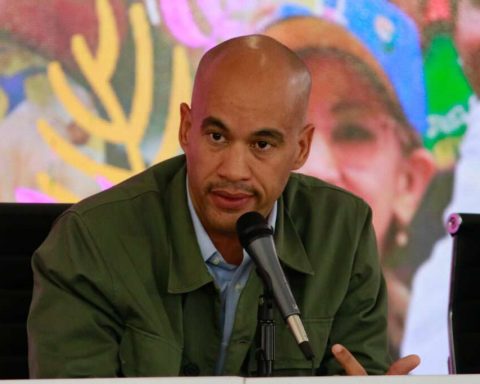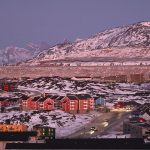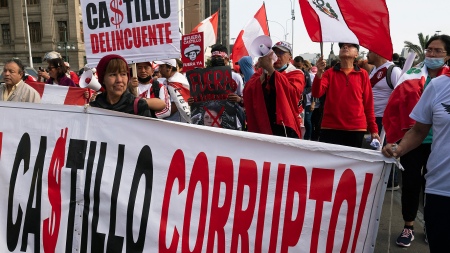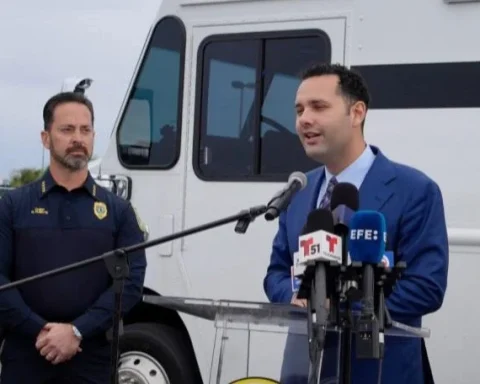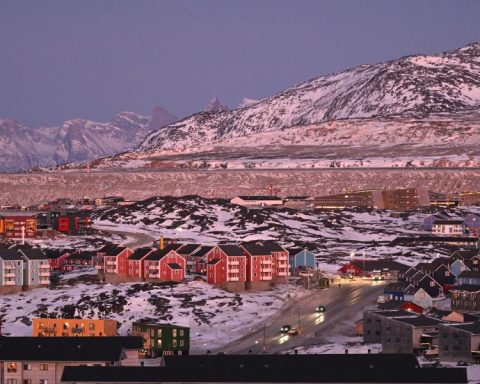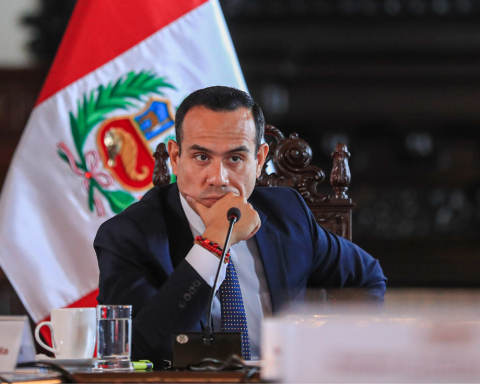Venezuela urges countries of the Community of Latin American and Caribbean States (CELAC) to build a common agenda for science and technology that considers a rationality for life, highlighted the Minister for Science and Technology, Gabriela Jiménez.
“Scientific practice must be decolonized with its own method, methodology and methods”, stressed Jiménez during his participation in the CELAC Meeting of Ministers and High Authorities in Science, Technology and Innovation.
In this sense, he stated that it is necessary to open the debate on science, the one that promotes and catalyzes the processes of social transformation.
He considered that the consequences of the global environmental crisis are the product of a wrong civilizational model that threatens life “we are co-responsible for the largest reserve of biodiversity, water and natural resources and biocultural heritage of the continent.”
Science must go beyond
Likewise, Jiménez indicated that “our science must be capable of having its own epistemology, practice and spirituality.”
He insisted that science must go further, “it must overcome the challenges from the orientation and promotion of scientific vocations and the culture of innovation in the younger population, women and workers, in order to turn creation into a daily practice to dream and conquer what is possible”.
He stressed that «CELAC is an ideal space to build communities of knowledge, of complementarity and transdisciplinarity».
Accompaniment
For the Venezuelan Minister, “it is urgent to accompany the training of children, young people, men and women to guide fundamental vocations in the practice of ethics and bioethics as a fundamental strategy to guarantee life.”
“There is no ethics without conscience,” he emphasized.
coercive measures
During her speech, Minister Gabriela Jiménez emphasized the sanctions and measures that have been imposed on Venezuela, “measures that threaten not only education and health but also science.”
“Venezuela is experiencing 916 unilateral coercive measures that threaten not only the education and health of the people but also science,” Jiménez pointed out to the Community of Latin American and Caribbean States (CELAC).
